Finding out if a civil rights violation indeed took place should be the first step. Anti-discrimination and civil rights legislation only protect certain rights; therefore, even ostensible infractions might not give rise to a legal claim.
1. Speak with an attorney.

It is important to get in touch with a lawyer when someone feels that their rights have been infringed. Determining whether the infraction was lawful and if it would qualify as a civil rights violation is something that a civil rights lawyer can assist with. They will also assist someone in making decisions.
Claims of civil rights violations and discrimination are handled by numerous agencies. The Equal Employment Opportunity Commission, the Office for Civil Rights of the Department of Education, and the Civil Rights Division of the Department of Justice are a few of these. State organizations also handle these kinds of claims.
When looking into and accusing someone of a crime, these organizations have to follow particular guidelines. This involves having justification to search someone's house and take evidence. Evidence gathered by the officer without valid warrants or good grounds might not be admitted in court. This may significantly affect the prosecution's case against the individual.
2. Lodge a Grievances Report

You should never have your constitutionally guaranteed freedoms infringed upon. Regrettably, there are big businesses and political representatives who disregard the law. It is crucial that you file a lawsuit if you feel that your civil rights have been infringed.
The best course of action in this regard is to lodge a complaint with the relevant organization. People are protected from abuses of their civil rights by a number of federal and state agencies.
Make sure to provide as much proof as you can when you register a complaint. Documentation such as emails, letters, or telephone logs may fall under this category. A letter of authorization, signed by you or a representative, to act as your advocate may also be included.
It is important to remember that filing a complaint with an ombudsman does not forfeit your legal rights. Before you can pursue a private lawsuit in some situations, you might need to make a claim with a government body.
3. Bargain
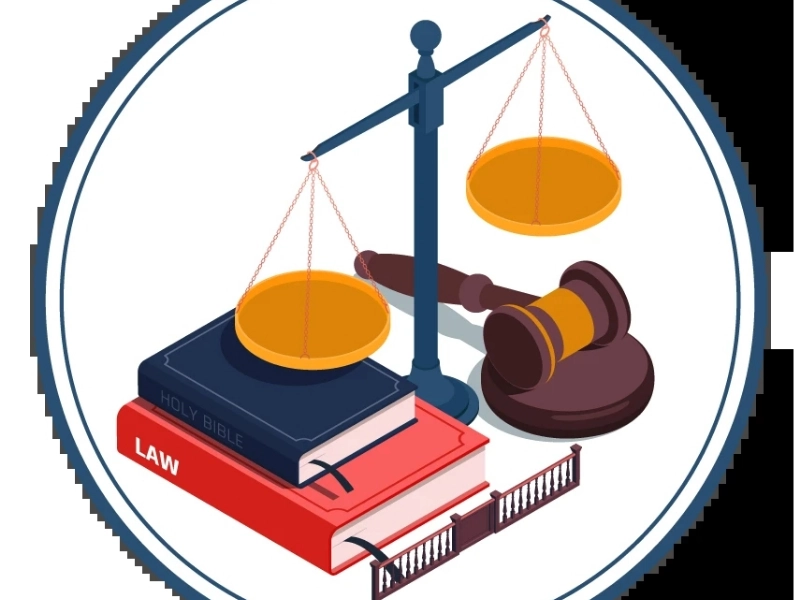
Discrimination against members of a protected class by an individual or organization constitutes a civil rights violation. Race, gender, age, national origin, disability status, familial status, and sex are a few examples of this.
It's usually preferable to work out an informal solution to your issues before going to court. By doing this, you can stop the problem from getting worse and save time and money.
You must comprehend the law and the facts of your case in order to bargain successfully. It's important for you to know what you want out of the circumstances as well. This could take the form of money, an apology, or a fix for the issue.
It is important to be aware that during negotiations, your opponent can attempt to employ brinkmanship tactics. This may entail bringing up new topics or requesting that an agreement be reopened. To ascertain whether these requests are legitimate, they need to be carefully considered. Your attorney will guide you through the procedure. They will also help collect and validate the evidence.
4. Bring a legal action

Working with a lawyer is the best course of action when your civil rights are infringed. Attorneys for civil rights have expertise in collaborating with governmental organizations and the legal system to address allegations of discrimination or violations of civil rights. Making a complaint to the relevant agency is the initial step. The Equal Employment Opportunity Commission and the Civil Rights Division of the U.S. Department of Justice are two government agencies that keep an eye on various kinds of civil rights abuses.
After that, a civil rights lawyer might work toward a settlement or get ready for court. The intention is to hold the person who violated your civil rights accountable. People are shielded from discrimination by laws against their race, national origin, religion, sex, age, and disability. But these laws are only effective if they are upheld. Although the legal system might be complicated, a knowledgeable civil rights lawyer will support you at every stage. Knowing that the law is being followed and your rights are being safeguarded will offer you peace of mind.
Recommended Reading: What You Should Know About Payday Loans' Exorbitant Cost





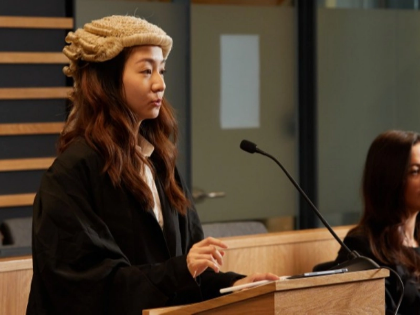











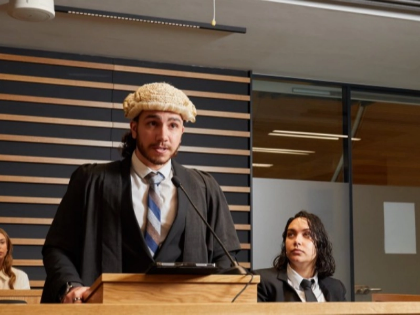

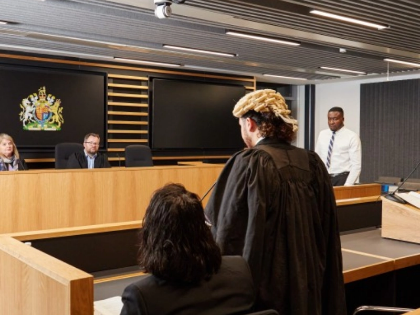


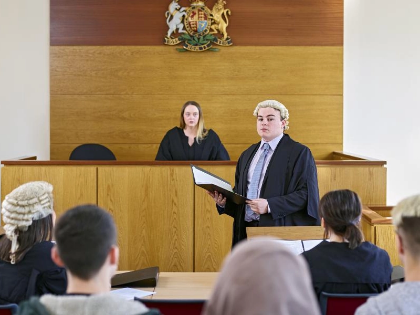
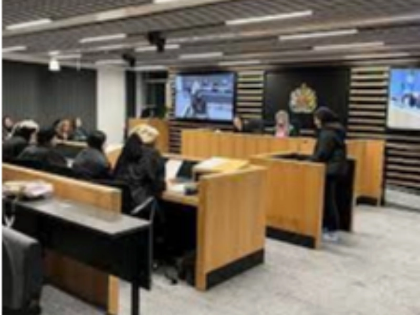
Already influencing my next step.